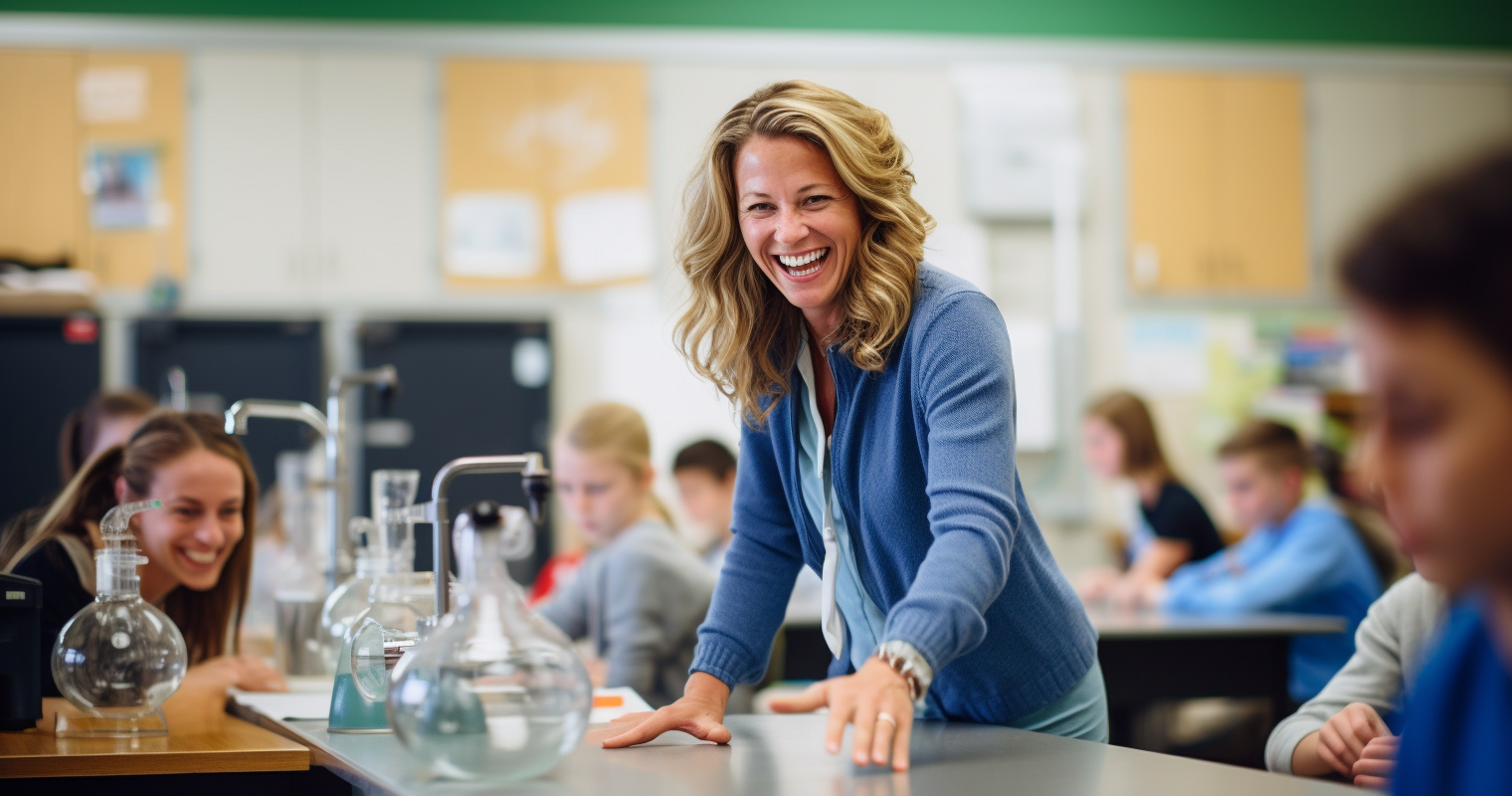Jamaica has a diverse and rich education system, with a range of educational opportunities for students of all ages. In this article, we will explore the quality of education in Jamaica, compulsory education ages, types of schools, syllabus and qualifications, school hours and holidays, enrollment process, international schools, and higher education options.
Quality of Education in Jamaica
The quality of education in Jamaica has been a subject of debate in recent years, with concerns raised about the quality of infrastructure, the standard of teaching, and the curriculum. The Jamaican government has recognized the importance of improving the quality of education and has implemented several initiatives to address these issues.
In recent years, Jamaica has seen an improvement in its education system, with increased investment in education infrastructure and the implementation of new policies to improve the standard of teaching and learning.
Compulsory Education Ages in Jamaica
Education in Jamaica is compulsory for children between the ages of six and 17 years old. This means that every child residing in Jamaica must receive an education from primary school to upper secondary school, regardless of their nationality or background.
Types of Schools in Jamaica
There are several types of schools in Jamaica, catering to different age groups and needs of students. The types of schools in Jamaica are as follows:
Early Childhood Education
Early childhood education in Jamaica is available for children between the ages of three and five years old. Early childhood education focuses on developing students’ cognitive, social, and emotional skills through play-based learning activities.
Primary Education
Primary education in Jamaica is compulsory for children between six and 11 years old. The primary school curriculum focuses on developing students’ literacy, numeracy, and social skills. Primary schools in Jamaica are either government-funded or privately run.
Lower Secondary Education
Lower secondary education in Jamaica is available for students between the ages of 12 and 15 years old. The lower secondary school curriculum builds on the knowledge and skills learned in primary school, preparing students for upper secondary education. Lower secondary schools in Jamaica are either government-funded or privately run.
Upper Secondary Education
Upper secondary education in Jamaica is available for students between the ages of 16 and 19 years old. The upper secondary school curriculum is divided into two categories: academic programs and vocational programs. Academic programs prepare students for higher education, while vocational programs provide students with practical skills and training for a specific career.
Syllabus and Qualifications
The curriculum in Jamaica is based on the National Standards Curriculum, which is divided into several subject areas, including English language and literature, mathematics, science, social studies, physical education, health and family life education, and visual and performing arts.
Students who complete upper secondary education can earn a variety of qualifications, including the Caribbean Secondary Education Certificate (CSEC), the Caribbean Advanced Proficiency Examination (CAPE), and the National Vocational Qualification of Jamaica (NVQJ).
School Hours and Holidays
School hours in Jamaica typically run from 8:30 am to 2:30 pm, with some schools having extended hours until 3:30 pm. Students in upper secondary school may have longer hours, depending on their program of study.
The academic year in Jamaica starts in September and ends in June, with a summer break from late June to early September. There are also shorter breaks during the academic year, such as a one-week break in October, a two-week break in December, and a one-week break in April.
Enrollment Process
To enroll in a school in Jamaica, students need to provide a range of documentation, including proof of identity, proof of residency, and academic records. Parents or guardians can apply for enrollment at the local education authority or directly at the school.
Competition for enrollment can be significant in Jamaica, particularly for prestigious schools or schools located in urban areas. The enrollment process for some of these schools may require additional steps, such as entrance exams or interviews.
International Schools
Jamaica has several international schools that cater to the needs of expatriate families and non-local students. These schools offer a range of curricula, including the International Baccalaureate (IB) program, the British curriculum, and the American curriculum.
Some of the most popular international schools in Jamaica include the American International School of Kingston, the Montego Bay Christian Academy, and the Hillel Academy.
Higher Education Options
Jamaica has a range of higher education options, including universities, colleges, and vocational training institutions. The two main universities in Jamaica are the University of the West Indies and the University of Technology, Jamaica.
The University of the West Indies is a regional university with campuses across the Caribbean, including Jamaica. The university offers undergraduate and postgraduate programs in various fields, including business, law, medicine, and engineering.
The University of Technology, Jamaica is a public university that offers a range of undergraduate and postgraduate programs in fields such as business, engineering, and technology.
There are also several colleges and vocational training institutions in Jamaica, such as the Jamaica College of Agriculture, Science and Education, and the Heart Trust/NTA Vocational Training Institute.
In conclusion, Jamaica has a diverse education system that offers a range of educational opportunities for students of all ages. The Jamaican government has recognized the importance of improving the quality of education and has implemented several initiatives to address these issues.
Education in Jamaica is compulsory for children between the ages of six and 17 years old, with several types of schools available, including early childhood education, primary education, lower secondary education, and upper secondary education.
The curriculum in Jamaica is based on the National Standards Curriculum, and students who complete upper secondary education can earn a variety of qualifications.
Jamaica has several international schools that cater to the needs of expatriate families and non-local students, as well as a range of higher education options, including universities, colleges, and vocational training institutions.

